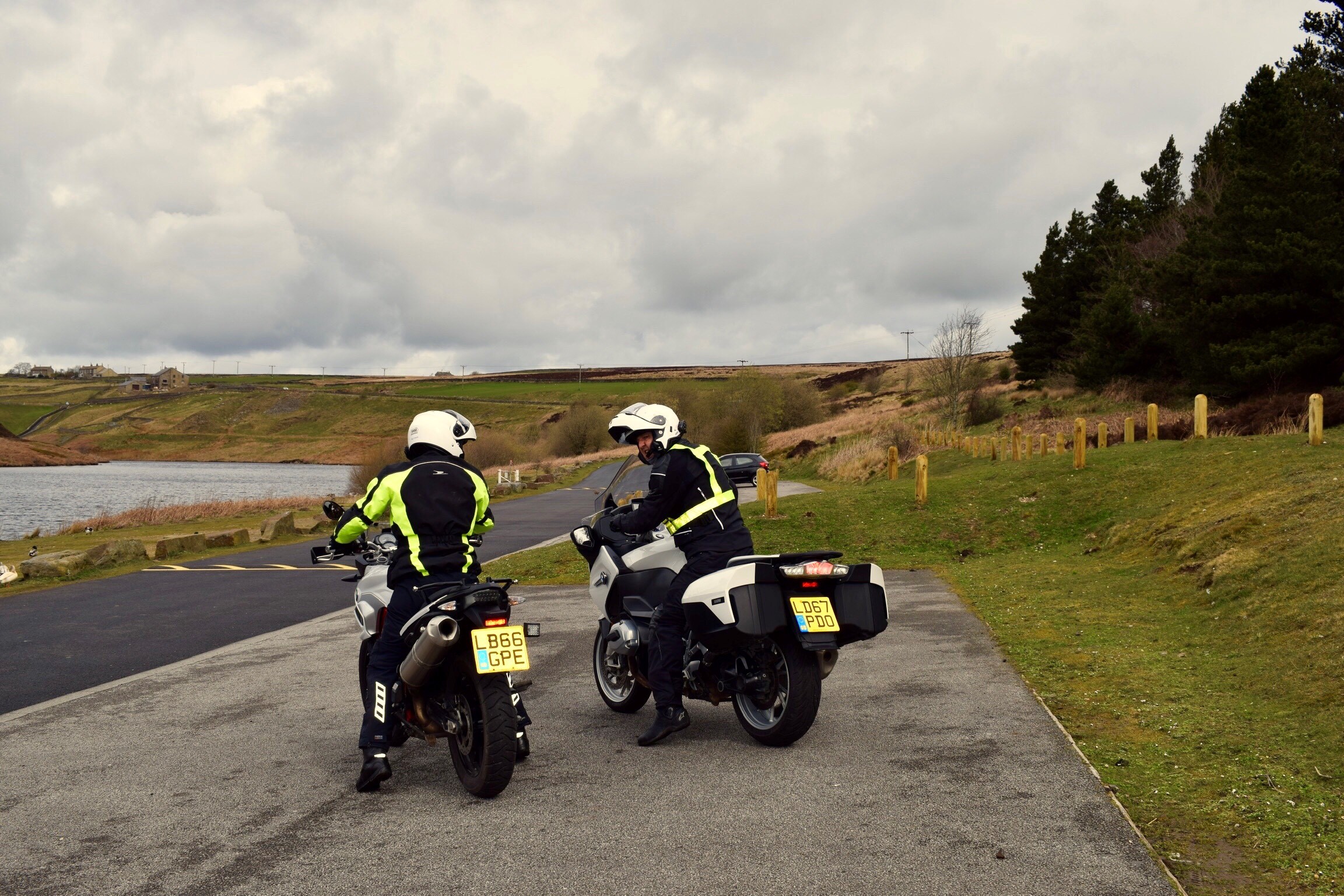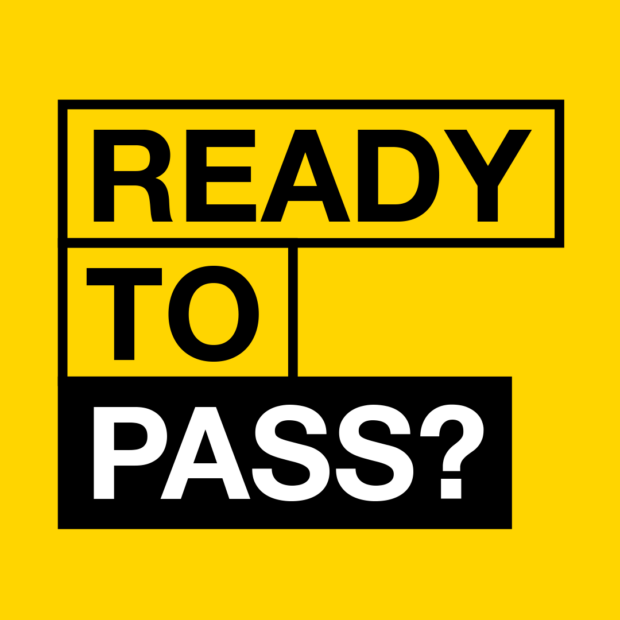
One of DVSA’s key aims is to continually raise professional standards in instruction, across all vehicle types. We are committed to ensuring motorcyclists in Great Britain have access to safe, high quality training when they are learning to ride, both for the first time and after they’ve passed their first test.
To support this, we’re making two changes to motorcycle instructor assessment and authorisation.
These are:
- introducing basic disclosure and barring (DBS) checks for new and existing trainers
- requiring trainers to teach a minimum of two pupils during their CBT standards checks.
Introducing DBS checks
The first change is that from 3 April 2023 DVSA will be introducing basic Disclosure and Barring Service (DBS) checks for anyone wanting to become a certified motorcycle instructor or motorcycle approved training body authority holder. This change brings motorcycle instructors more closely in line with approved driving instructors for cars who are already required to have a DBS check as part of their registration process.
Introducing disclosure checks will provide greater assurance that people working in motorcycle training and those who are approved or authorised by DVSA are suitable to work with the public, teach pupils of all ages and uphold the integrity of the register.
DVSA and the compulsory basic training (CBT) registrar will still require motorcycle instructors and authority holders to be “fit and proper” people to be authorised.
So how will it work in practice?
A basic DBS disclosure currently costs £18 in England and Wales and £25 in Scotland. The instructor (or their ATB (approved training body) if they choose) is responsible for paying this fee. Instructors will also be responsible for supplying their DBS certificate and for updating it. ATB authority holders may also act on an instructor’s behalf with their agreement.
New instructors will need to provide a basic DBS check when they first apply to become a motorcycle instructor or ATB authority holder.
Existing motorcycle instructors will need to provide a new updated DBS check every four years when they renew their registration or apply for their next certificate of registration as an instructor.
DVSA will contact instructors when their certificate is due for renewal. The instructor will then need to obtain a basic DBS disclosure certificate and send it to DVSA electronically along with their renewal application.
To be acceptable the DBS disclosure certificate must have been issued in the last three months. Equivalent or higher enhanced DBS certificates issued for other organisations may also be used.
ATB authority holders may be asked to update their DBS certificate every four years or when there are material changes to the ATB such as a change of ownership or authority holder.
Instructors applying for the first time or existing instructors applying for an instructor certificate at a different school will need to provide a current valid DBS disclosure certificate with their application. Instructors with more than one instructor certificate can choose to renew them all at the same time, using the same disclosure certificate.
Can people with criminal records still apply?
Those applying for registration must tell DVSA about any previous offences or convictions as part of their application. Previous minor offences do not automatically stop someone from becoming an instructor,
Even a more serious offence committed as a young person or young adult many years ago might not prevent someone automatically from becoming an instructor. The Rehabilitation of Offenders Act must be considered, and each case will be considered individually.
Introducing DBS checks will not affect this process. However, if a DBS certificate shows up previously undisclosed offences when an instructor is applying to renew their licence, that instructor will need to explain why they did not tell DVSA about the offences at the time of their original application.
We want motorcycle instructors to be recognised more readily as road safety professionals, Introducing DBS disclosure certificates will support this. It also means that ATB authority holders can have greater confidence the people they employ as instructors will meet the required standards of behaviour and character. Most importantly the public will be better protected from people who are not suitable to be instructors or authority holders.
You can read more about DBS checks in England and Wales here: https://www.gov.uk/request-copy-criminal-record
Different arrangements apply to those in Scotland, which you can read about here: https://www.mygov.scot/basic-disclosure/apply-for-basic-disclosure
You can find out about how DVSA looks after and uses your data on GOV.UK
Teaching more than one pupil at CBT standards checks
DVSA does not currently specify the number of pupils trainers must teach as part of their standards check. Instructors are authorised to teach up to four pupils during elements A to D of CBT and two pupils on road during both CBT and direct access scheme training.
We know from DL196 returns that most courses are structured around this 4:1 and 2:1 ratio; yet our analysis of planned standards checks show these are typically conducted at a 1:1 ratio and with a repeat trainee on an automatic machine.
It is only right that the instructor’s ability to train more than one trainee at the same time forms part of the standards check. From 3 April 2023 all standards checks must include at least two pupils. Unless our records show the ATB routinely structures their training courses on a 1:1 ratio, or a trainee drops out part way through the course the standards check will not be considered acceptable if there is only one trainee and will be treated as a failed standards check
DVSA will continue to adopt a reasonable approach to these standards checks and if the trainer can show there is a clear reason for only having one trainee it will be taken in to account. So, for example if the trainer is working with a candidate with additional needs or a bike breaks down part way through the training course the 1:1 standards check can be accepted.
The rest of the standards check will stay the same with trainers being marked on the same 17 areas of competence as they are now. You can find out more details about standards checks on GOV.UK
